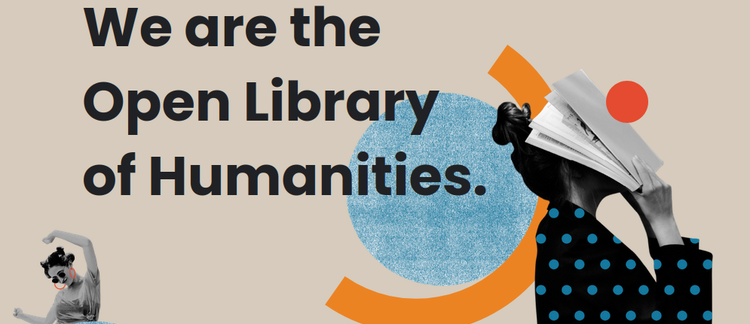American Historical Society Article on OLH
Posted by Martin Paul Eve on 2 April 2013



Jennifer Reut has published a short article about the launch of the OLH on the American Historical Association's website, under the "Perspectives on History" series. Outlining the OLH's development as an initiative designed to explore the suitability of a Public Library of Science model of publishing within the humanities and social sciences, Reut discusses the OLH's ambition to waive article processing charges (APCs) in favour of a model of widely distributed, low library partnership subsidies.
She writes that:
The AHA Council, which released a statement in September 2012 detailing its concerns about open access scholarly journals, has raised a number of questions in particular about the applicability of a sciences-based funding model to humanities publishing, where the economics of funding and institutional support are very different. On the subject of APCs, Martin Eve is hopeful that the OLH can find a hybrid solution to funding humanities publishing. In an e-mail, he noted, "We are hoping, though, to avoid APCs altogether through widely distributed (and therefore very low) library partnerships subsidies. This might sound like a return to subscriptions, but the difference here is the model of many libraries paying very little so that content can be free, rather than many libraries paying a great deal so that they can exclusively own (or, actually, as it stands, 'rent') content."
There are still many details to be worked out about how the OLH will manage factors such as permissions and how peer review will be handled, and while the PLOS is a model, it is only a starting point. "The primary element that we're taking from PLOS is the academic-lead component," Eve wrote. "[T]he emphasis is placed upon 'the organization's roots within the academic community'; this is exactly what we are doing." While the idea of open access has both its supporters and detractors in the humanities community, Eve believes that the historical strengths of the humanities—to absorb new information, analyze it, and develop new ways of thinking—are fundamental to the project's success. "OLH is based around the humanities community," Eve wrote, "talking and then building."
Read the article in full on the American Historical Society's website.
Image by Pete Harmer under a CC BY-NC-SA license.

